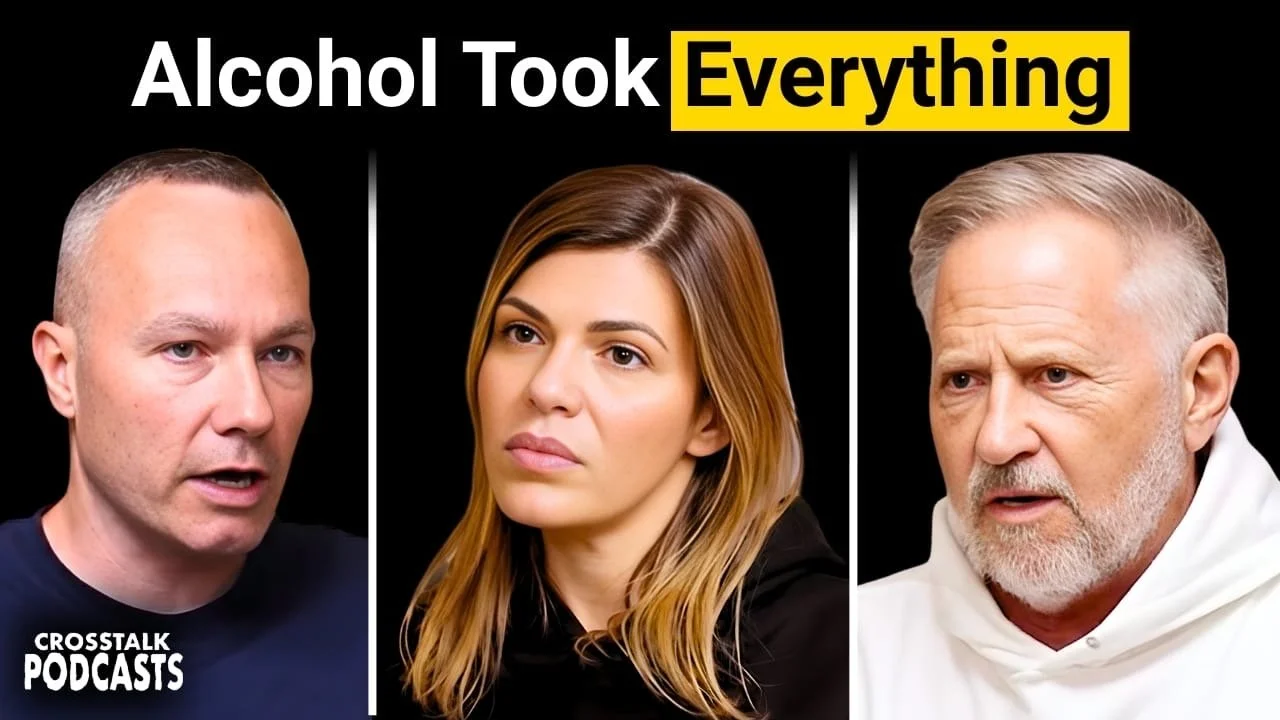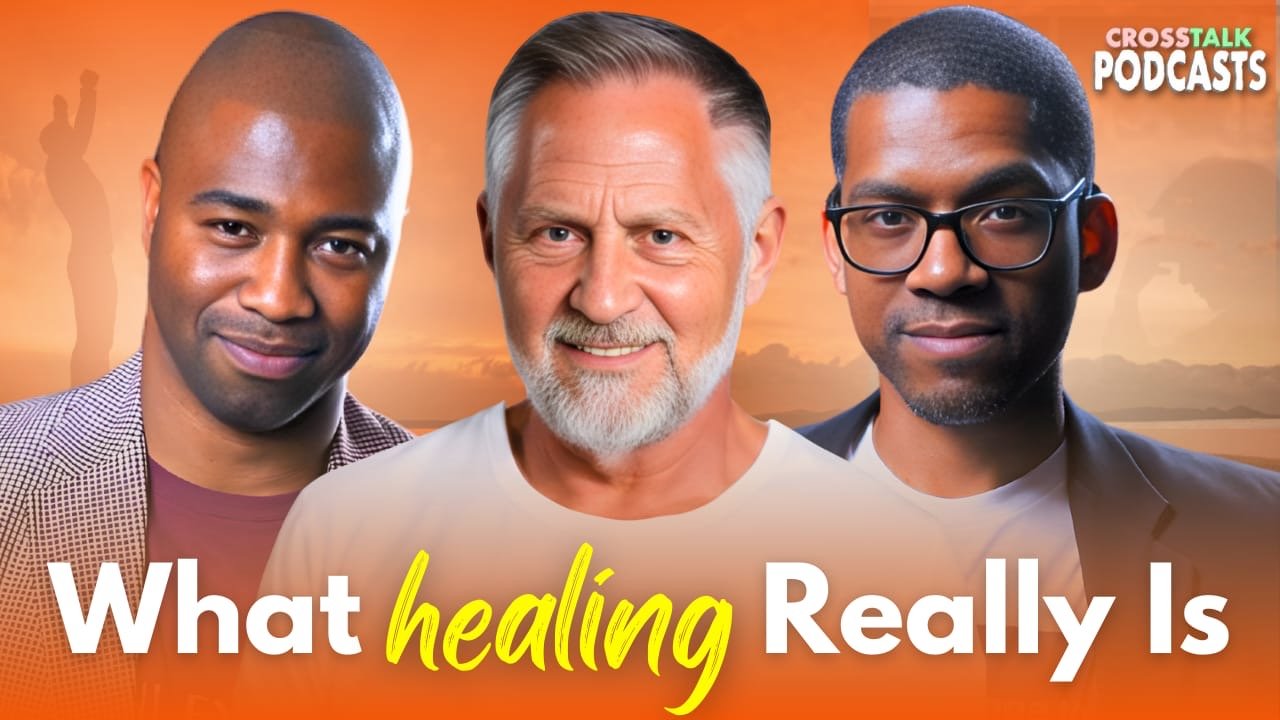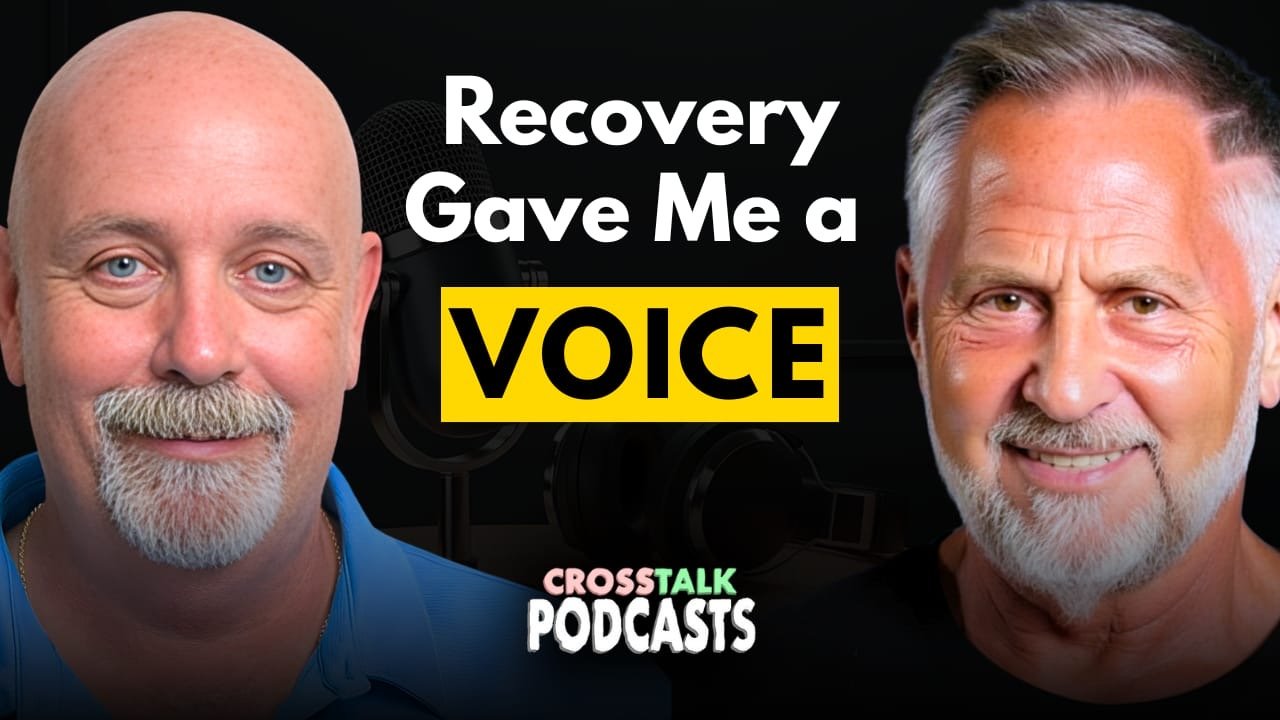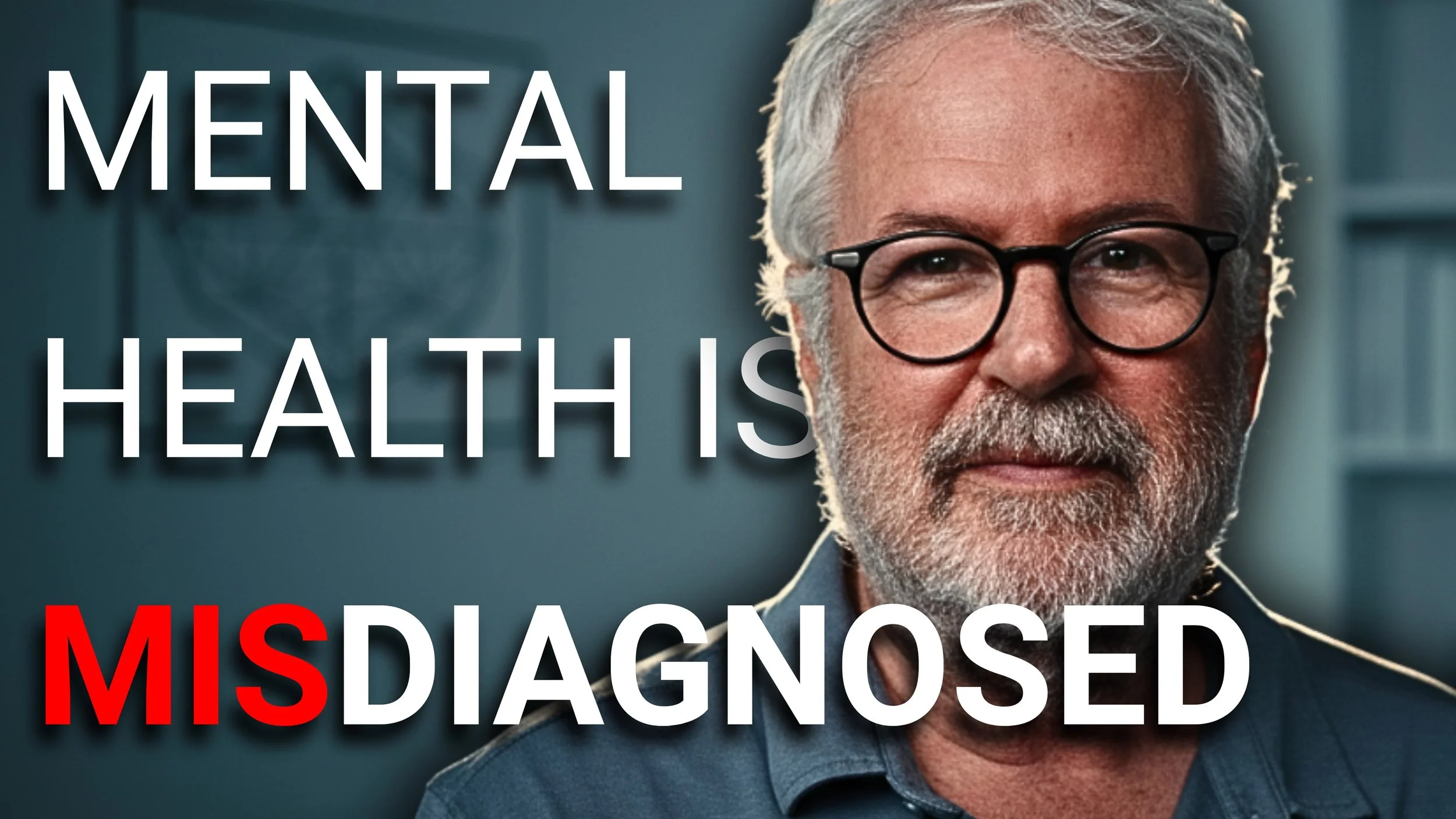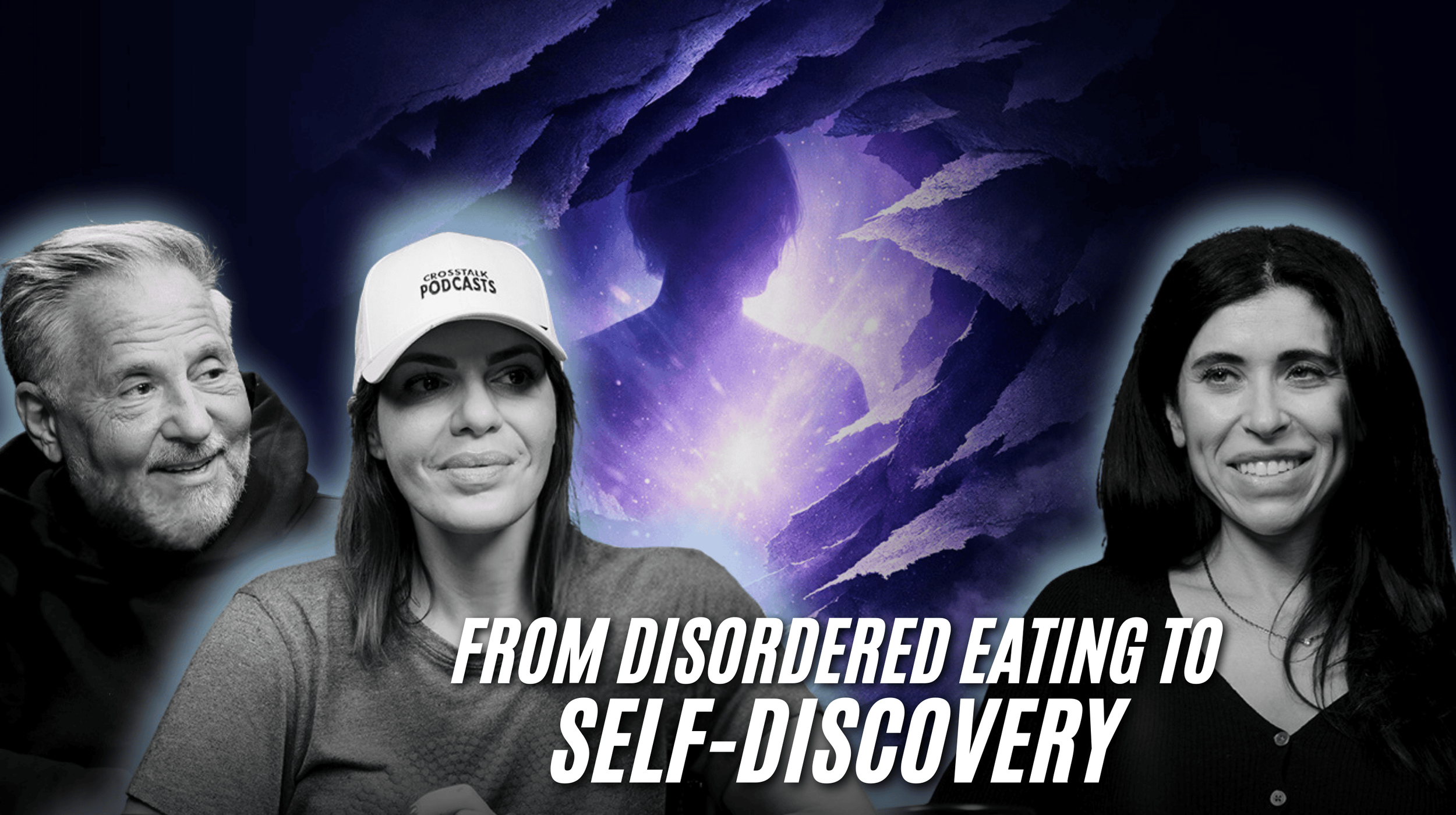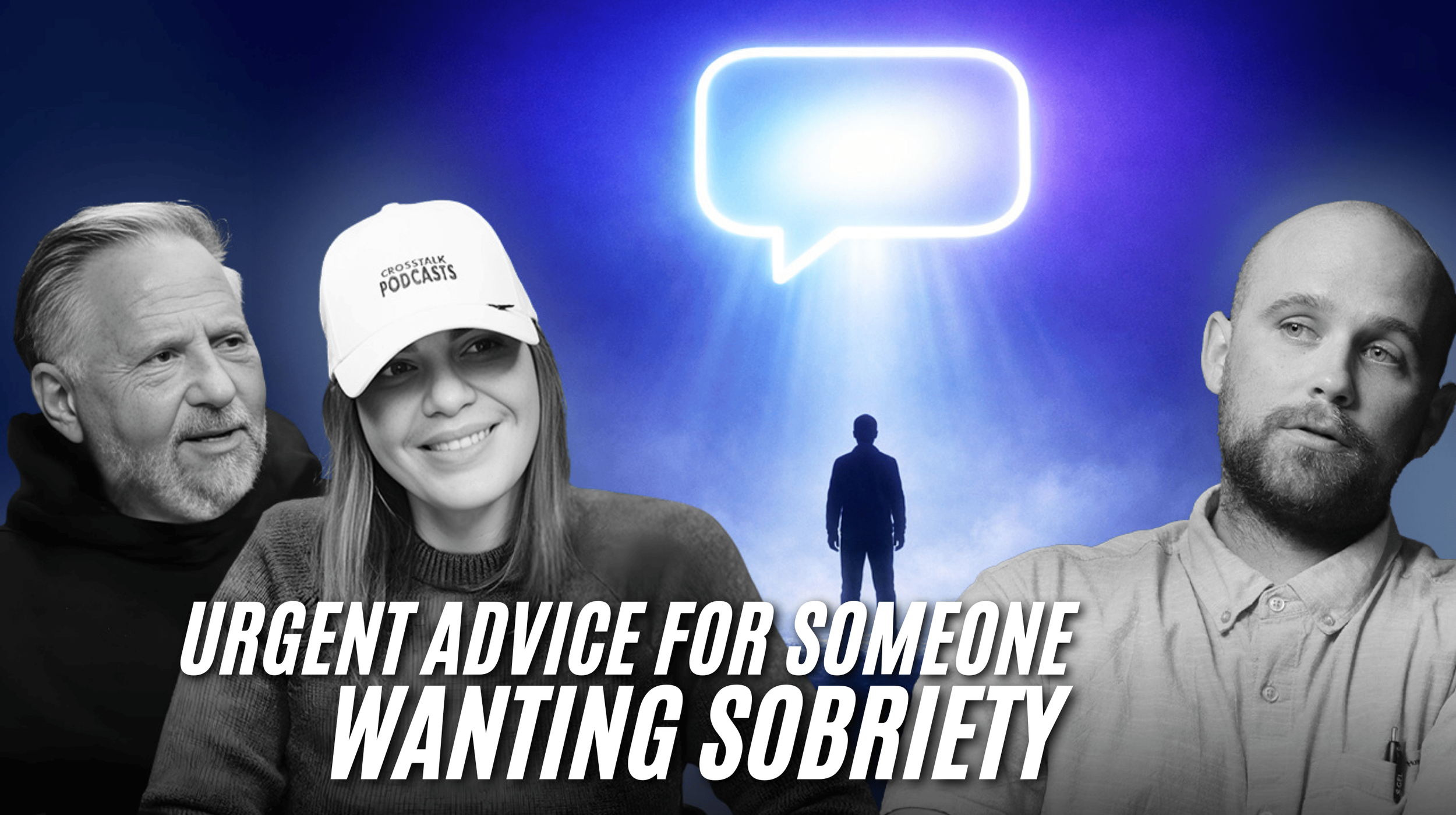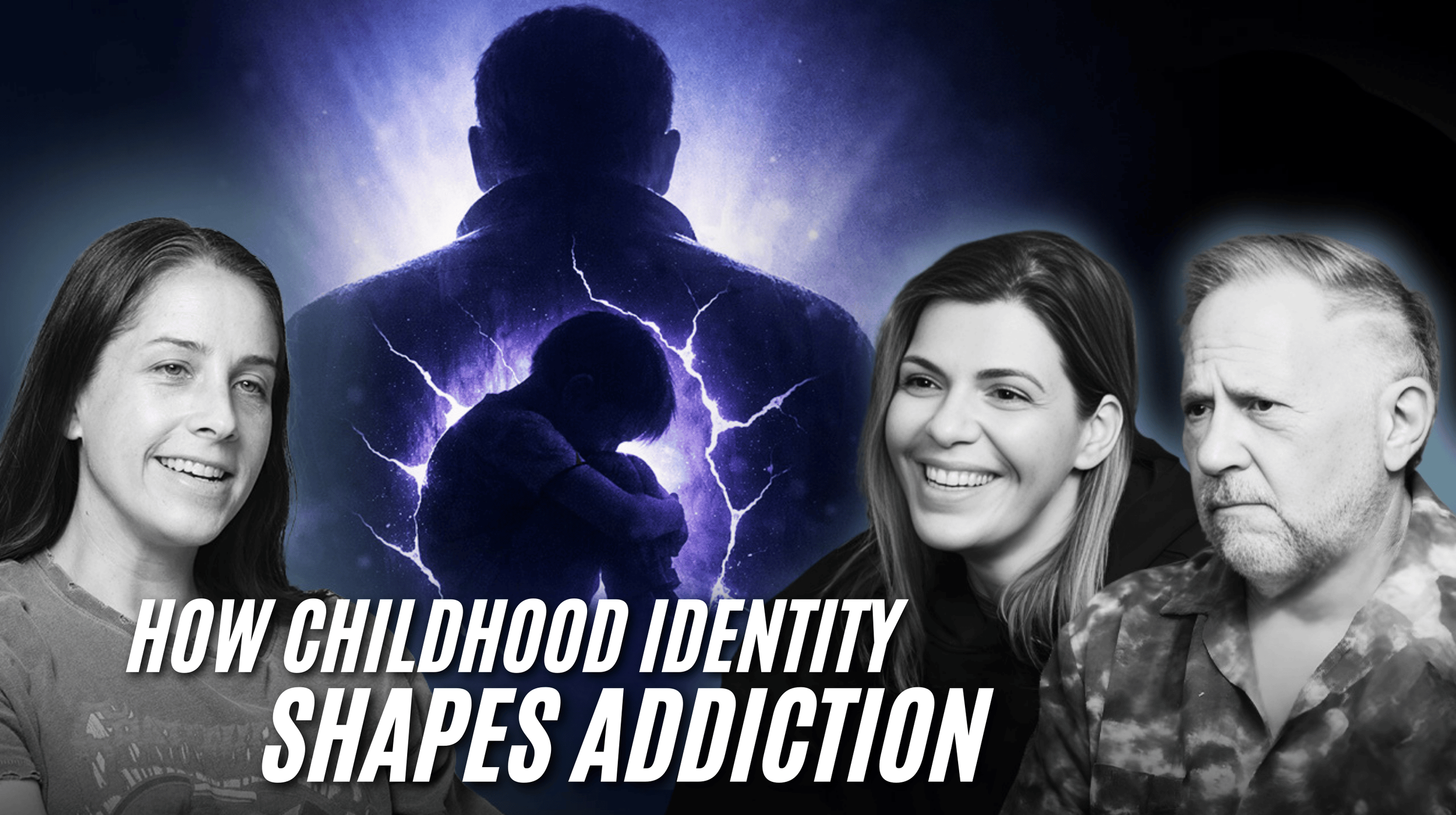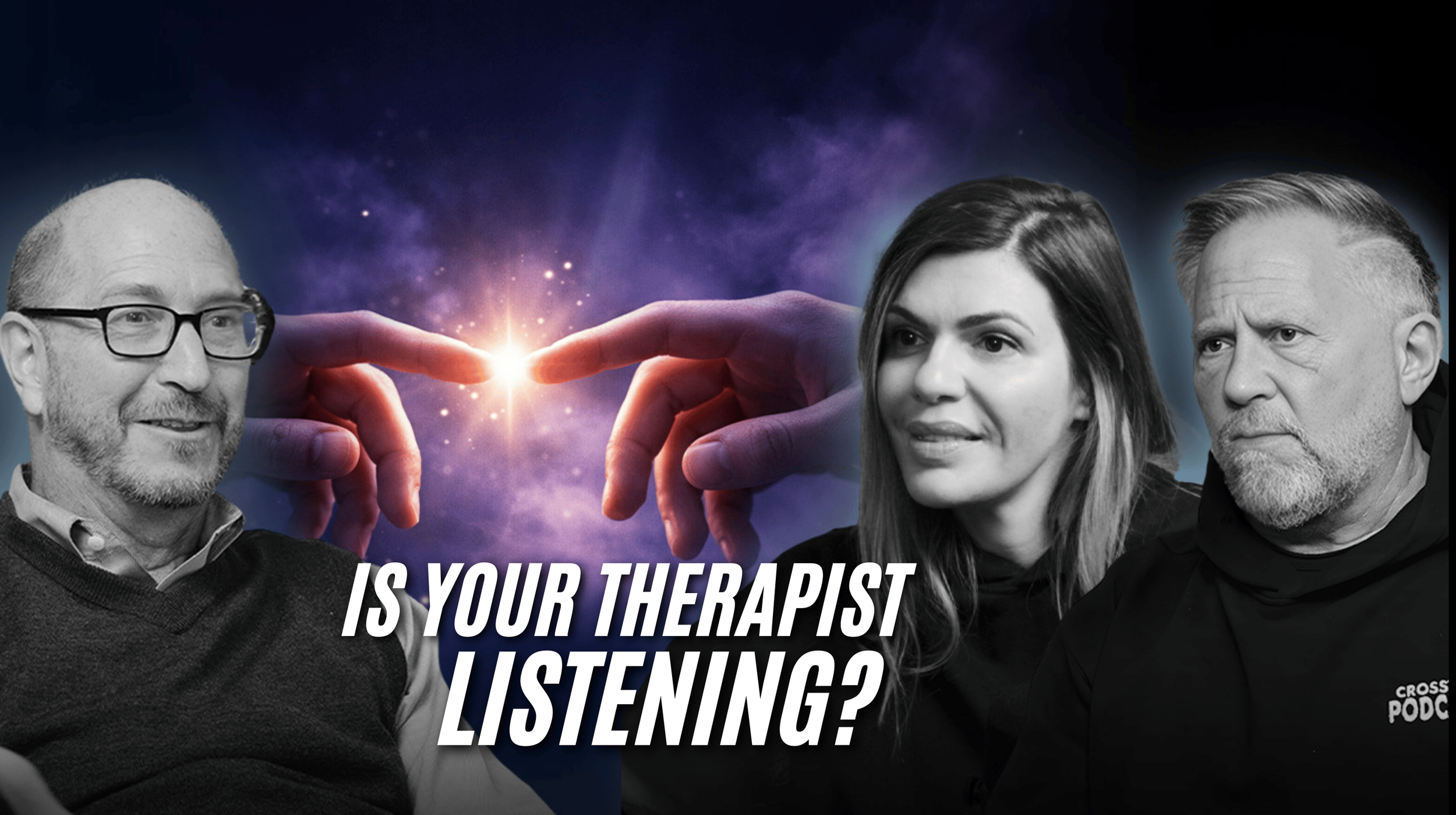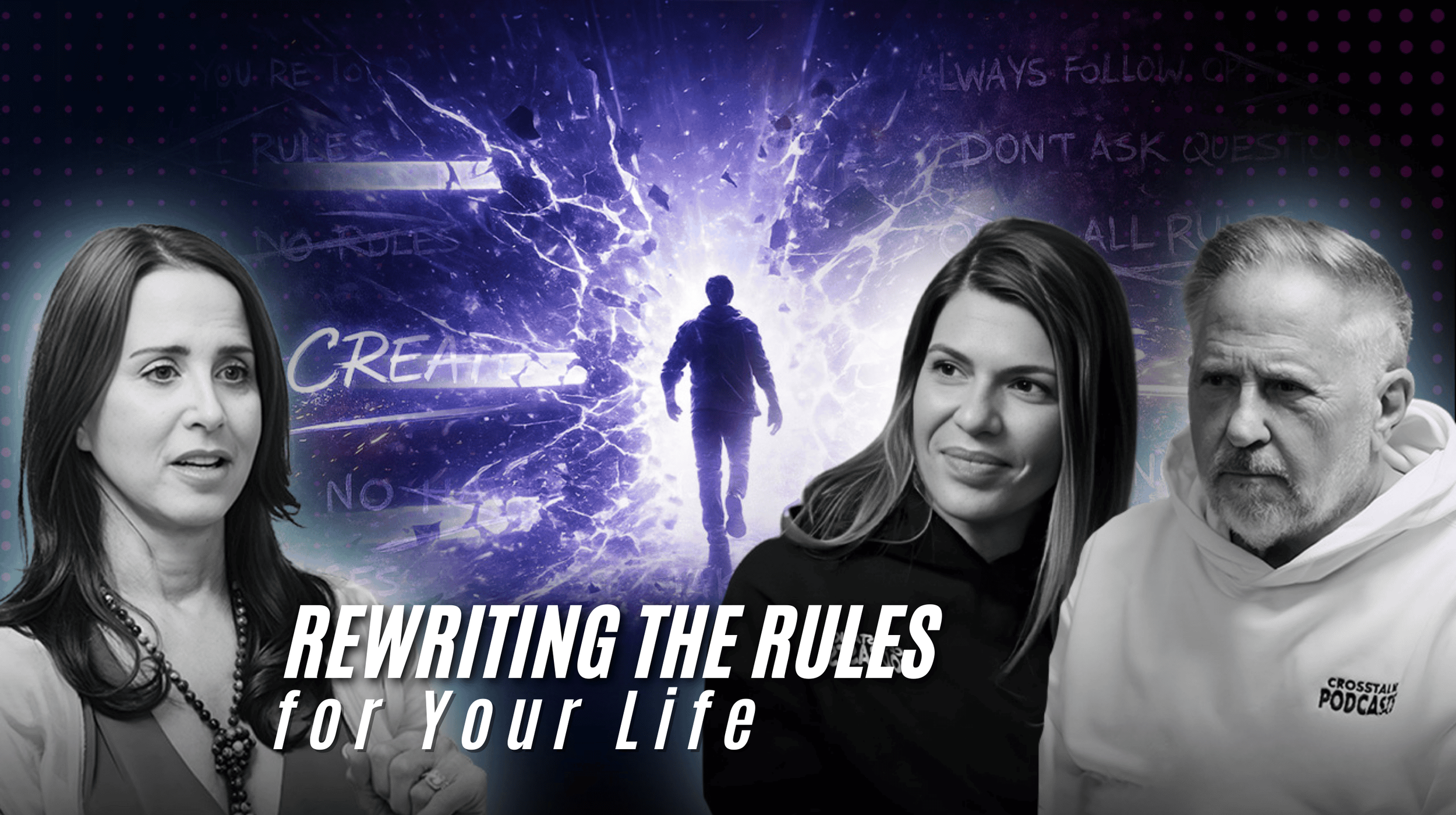Addiction Does Not Define A Person | Sarah F.
Listen or watch on your favorite platforms
Meet Sarah Frias, a former nurse who found herself battling IV drug addiction, facing near amputation, and spiraling into a deep, dark place. For years, she believed she was only a good nurse when using pills. But addiction took her further than she ever imagined—until she found the strength to turn her life around.
Sarah grew up struggling with identity, always trying to fit in. Her addiction journey began with alcohol and pills, escalating into IV heroin and crack use. At her lowest, she was facing severe wounds, hospitalizations, and the possibility of losing her leg. Despite multiple detox stays, she continued down a dangerous path—until she reached the breaking point.
Today, Sarah is over seven years sober and has completely transformed her life. She shares how she rebuilt her confidence, found her true self, and embraced recovery. From overcoming shame to navigating relationships in sobriety, Sarah's story is a testament to the power of resilience and self-discovery.
This episode will inspire anyone struggling with addiction, self-doubt, or recovery challenges. Sarah’s raw honesty sheds light on the struggles of early sobriety, the importance of self-care, and the journey to rediscovering who you are beyond addiction. If you're searching for hope, healing, or just a reminder that recovery is possible, this episode is for you.
Growing Up in a Complicated Home
Sarah was born in Cape Cod, Massachusetts, to parents who considered her their miracle baby, having believed they couldn't have children. With two older adopted brothers, she was the cherished youngest child. Despite a seemingly idyllic upbringing, Sarah often felt out of place. She grappled with feelings of inadequacy, believing others were wealthier, more attractive, or more popular. In her quest for identity, she cycled through various personas—hippie, gothic, punk, preppy—none of which truly resonated. Reflecting on this period, Sarah shared, "I always felt a little bit different, like there was something wrong with me."
The First Drink and the Escape It Brought
At 15, Sarah began drinking and smoking marijuana, seeking solace in substances that temporarily alleviated her discomfort. This period also marked the onset of self-harm through cutting, as she struggled with deep-seated unhappiness. By 16, she had progressed to cocaine use. These early experiences with substances provided a fleeting sense of belonging and confidence, but they also began to erode her relationships and self-image.
The Grip of Addiction
After graduating, Sarah pursued a nursing program, becoming an LPN. During this time, a boyfriend introduced her to opiates, suggesting they would help her sleep after cocaine use. This introduction led to a full-blown addiction to pain pills. Despite her dependency, Sarah managed to graduate and secure a nursing position. She rationalized her drug use, believing, "I'm only a good nurse when I do pills." Her addiction escalated to heroin and intravenous cocaine use, leading to severe physical and emotional consequences. Her life became a cycle of using, seeking more substances, and deteriorating health.
Active Addiction - The Descent
Sarah's lowest point came when she was injecting crack cocaine, resulting in severe wounds on her legs. Medical professionals warned her of potential bone infections and the risk of losing her legs, but she was indifferent, stating, "I don't care." This profound apathy highlighted the depth of her addiction. An overdose after a brief period of sobriety further emphasized the perilous path she was on. She recalls, "I can't go any lower."
The Path to Recovery
Acknowledging the severity of her situation, Sarah sought help. She entered a treatment center where her physical health was addressed, including the severe wounds on her legs.
Life today
Sarah’s journey through addiction and recovery was long and arduous, but today, she stands as a beacon of hope for those still struggling. Now over two years sober, her life looks vastly different from the dark days of addiction.
Physically, her body has healed from the damage of IV drug use, and she has regained her strength. Mentally and emotionally, she has found a sense of peace and purpose that she never thought possible. “I realized how strong I am,” she says, reflecting on her journey.
Today, Sarah is actively involved in the recovery community, using her experience to support others in their healing. She has reconnected with her family, rebuilt her career, and most importantly, rediscovered who she is beyond addiction.
“I am not just a former addict—I am a person with dreams, goals, and a future.”
She no longer defines herself by her past mistakes but by the strength it took to overcome them. Now, she finds joy in the simple things: waking up sober, being present for her loved ones, and helping others find their own path to recovery.
Her story is proof that no matter how dark things get, there is always hope, and a better life is waiting on the other side of healing.
FAQs
1. What are the early warning signs of addiction?
Early warning signs of addiction include increased tolerance, withdrawal symptoms, loss of control over substance use, neglecting responsibilities, and continued use despite negative consequences.
2. How does addiction affect mental health?
Addiction can worsen or trigger mental health issues like anxiety, depression, and mood swings, often creating a cycle of substance use to self-medicate emotional distress.
3. What is the most effective way to recover from addiction?
There is no one-size-fits-all solution—some find success in 12-step programs, therapy, medication-assisted treatment, or holistic approaches; the key is finding a personalized recovery plan.
4. How can someone help a loved one struggling with addiction?
Support them by encouraging professional help, setting healthy boundaries, avoiding enabling behaviors, and educating yourself on addiction and recovery.
5. Is long-term recovery possible?
Yes, many people achieve long-term sobriety through support networks, personal development, and lifestyle changes that prioritize mental, emotional, and physical well-being.
Related episodes
ABOUT CROSSTALK
CROSSTALK reveals real stories of everyday people and notable figures, sharing their journeys from struggles to life-changing 'aha' moments with all kinds .


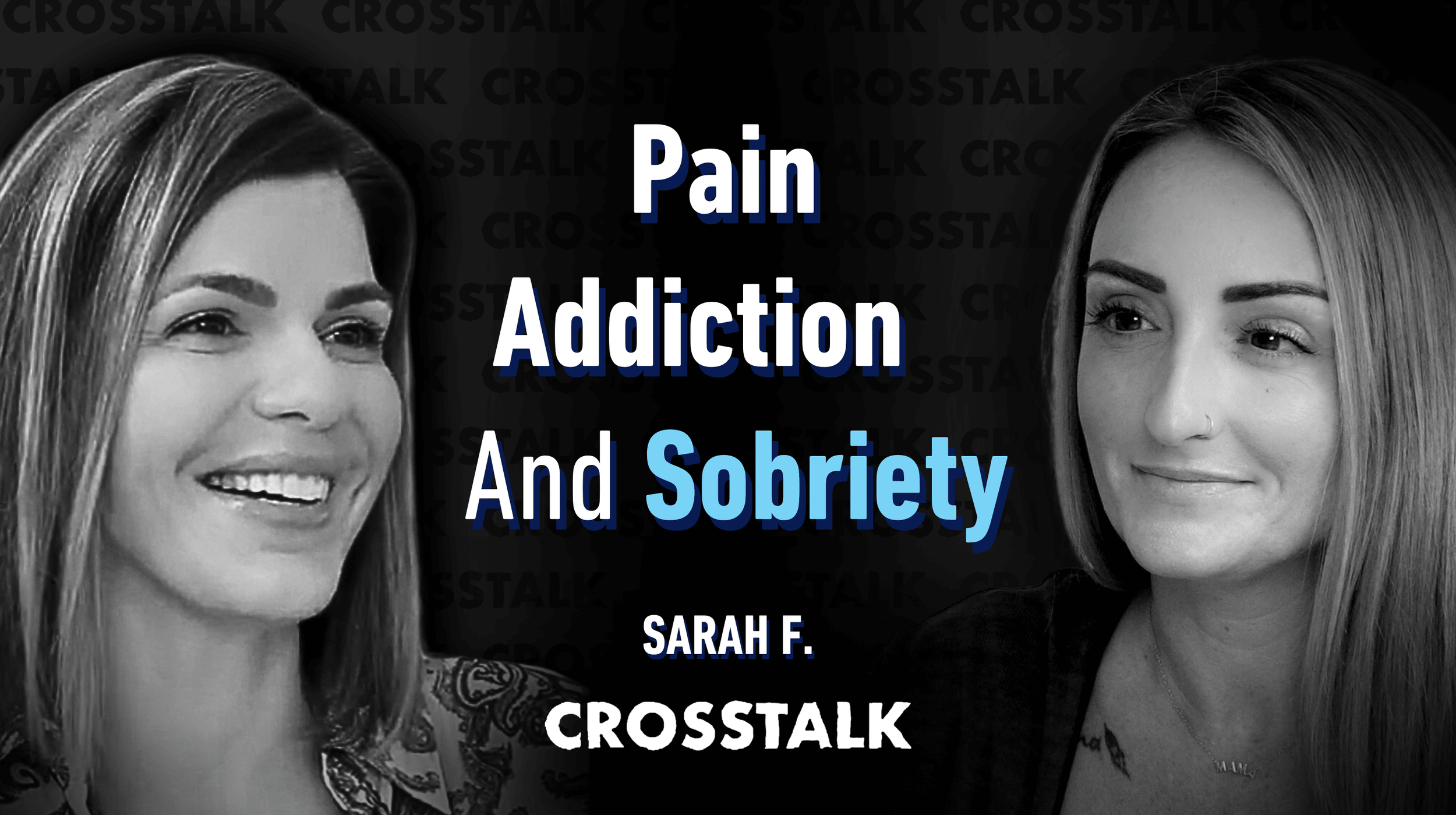
 Spotify
Spotify





